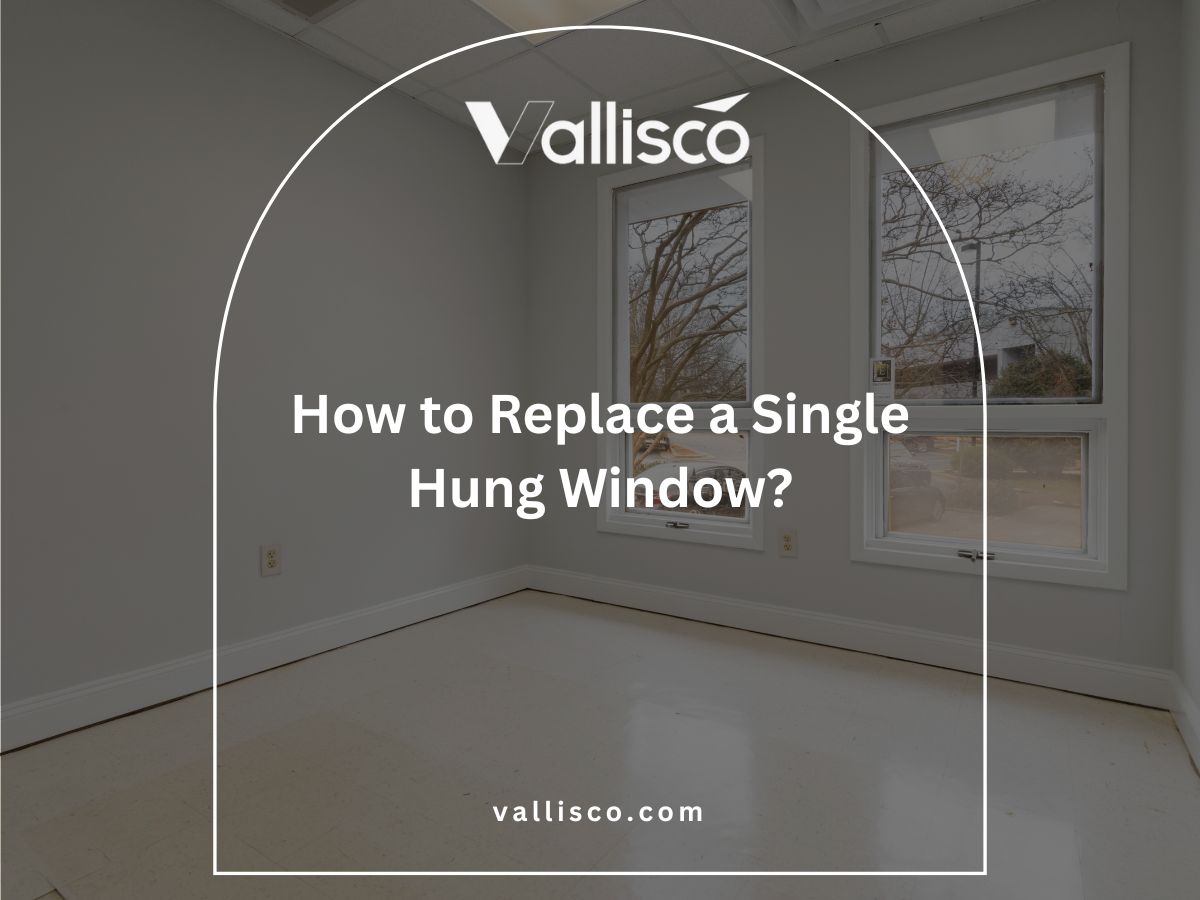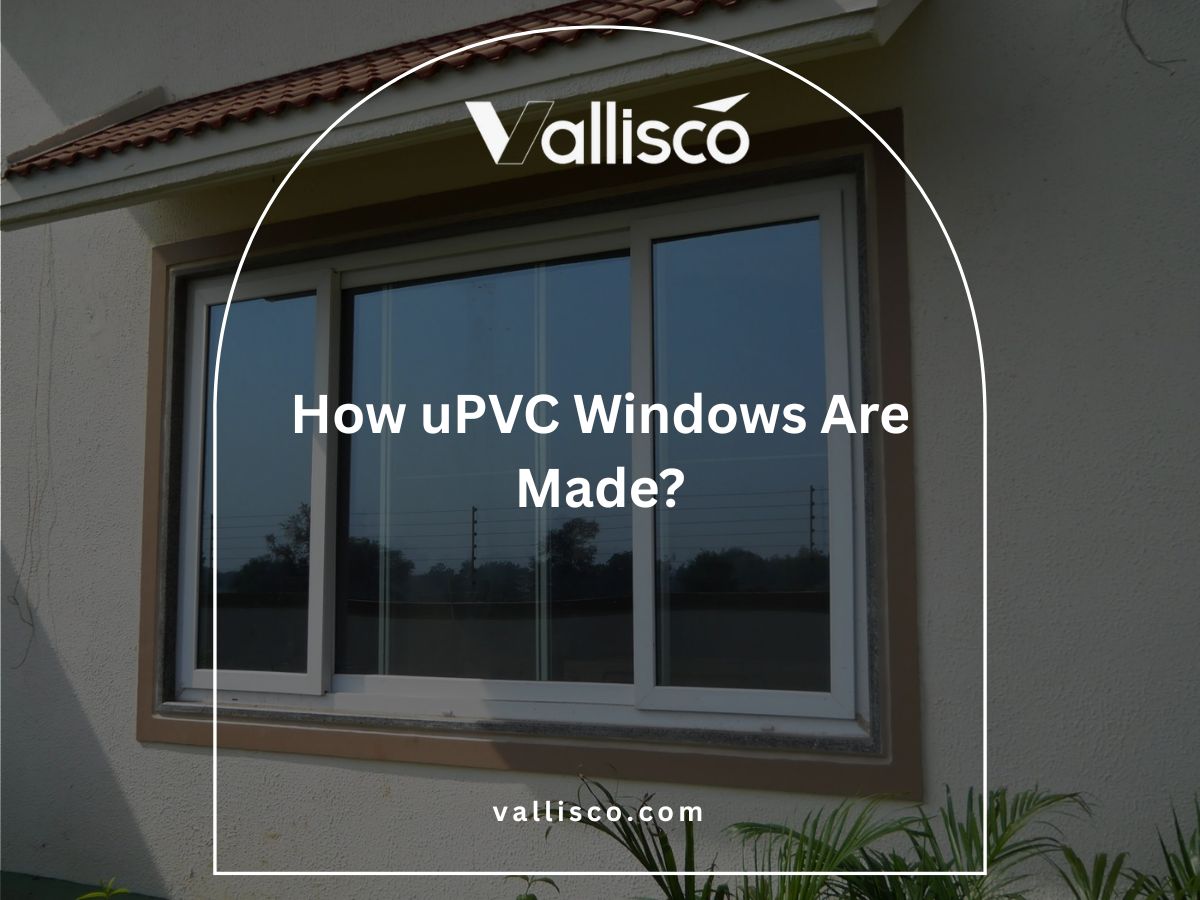Not long ago, I was helping a construction client find glass craft doors. What should have been a simple task turned into hours of comparing specs, prices, and delivery terms that didn’t add up.
That frustration pushed me to dig deeper and figure out where businesses can actually buy with confidence.
Since then, I’ve tested suppliers, spoken with manufacturers, and tracked delivery performance. My insights come directly from that experience, so you’re getting the inside track here.
In this review, I’ll share the most reliable places to buy glass craft doors, what makes them stand out, and how they compare. If your intent is to find a trustworthy source, you’ll leave with exactly that.
Because in the end, your business deserves dependable doors and dependable partners.
Let’s get into it!
Comparison of Glass Craft Door Sourcing Options
With so many ways to buy glass craft doors, it can be tough to know which route makes the most sense for your business. To help, I’ve pulled everything together in a simple side-by-side comparison.
| Source | Benefits | Limitations | Availability | Ideal For |
| Local Home Improvement Stores | Fast access, personal service | Limited choice, higher prices | Local | Quick, small-scale buys |
| Specialty Door & Millwork Shops | Custom, expert guidance, quality | Costly, longer lead, fewer shops | Regional | Premium or custom designs |
| Online Retailers | Wide range, easy compare, delivery | No inspection, shipping costs | Global | Variety and convenience |
| Direct from Manufacturers | Lower cost, full custom, stable | High MOQ, longer lead, logistics | Global | Large-volume, long-term projects |
| Custom Door Makers/Contractors | Unique design, craftsmanship | Expensive, slow, small scale | Local/regional | One-of-a-kind projects |
| Salvage/Reclamation Stores | Low cost, unique style, eco | Inconsistent, limited, odd sizes | Local/regional | Budget-friendly, vintage, sustainable use |
| Local Fabricators | Custom glass, direct contact | Higher price, limited capacity | Local/regional | Projects needing custom glasswork |
| Wholesale Supply Outlets | Bulk pricing, wide stock, support | Membership, little custom, mixed | Regional/national | Large-scale, cost-focused sourcing |
| Trade Shows & Expos | Networking, compare, insights | Costly, rare, overwhelming | Event-based | Partnerships and market trend scouting |
Each option has more depth than what fits in a chart, and the details can make all the difference for your project. To learn more, read the detailed guide below and get the full breakdown of where to buy glass craft doors.
1. Local Home Improvement Stores
I’ll be honest, one of the first places I checked when I needed glass craft doors for a client was the local home improvement store. It felt natural to just drive over, walk the aisles, and see what was available. For many businesses, starting local is the easiest way to get moving without a lot of red tape.
Benefits of Buying from Local Stores
- Immediate Access to Products: Sometimes you just don’t have the luxury of waiting. Being able to walk in, pick out a door, and load it up the same day can be a lifesaver on tight deadlines. I’ve had projects where this convenience alone kept everything on schedule.
- Personalized Customer Service: Having someone across the counter who knows the products makes a big difference. I’ve had store staff point out details I missed, like hardware compatibility, that saved me a second trip. That kind of one-on-one help is hard to beat.
- Community Support: There’s also something satisfying about buying local. You’re not just getting a door, you’re supporting the people in your own area. It feels good knowing your purchase helps keep jobs and services close to home.
Limitations to Keep in Mind
- Limited Selection: The catch is that local stores don’t always carry the specialized styles or bulk quantities you may need. I’ve walked in looking for something specific and walked out empty-handed. For large-scale projects, this can be frustrating.
- Higher Prices: You pay for convenience, and it shows in the price tag. For small buys it might not sting, but if you’re sourcing in volume, the markup adds up fast. I’ve learned to weigh this carefully against my budget.
- Inconsistent Inventory: Stock levels change quickly, and that can throw off your plans. I’ve seen items disappear from shelves just when I needed them most. If your project is time-sensitive, relying only on local inventory can be risky.
2. Specialty Door and Millwork Shops
Specialty door and millwork shops focus on craftsmanship and detail. They’re a strong option for businesses that need something beyond standard doors you’d find at a big-box store. These shops often provide tailored solutions that meet higher design and performance standards.
Benefits of Buying from Specialty Shops
- Custom Solutions: Specialty shops excel at producing unique sizes, designs, and finishes. They can create doors that match exact specifications down to the last detail. This makes them a reliable choice for businesses needing precision.
- Expert Knowledge: Staff at these shops are usually highly experienced in doors and related materials. They can explain differences in glass types, frame construction, and hardware compatibility. That expertise reduces the risk of errors in your project.
- Higher Quality: Products from specialty shops often use better materials and craftsmanship. This translates into a more polished appearance and greater durability. For businesses seeking doors that leave a strong impression, quality is a clear advantage.
Limitations to Keep in Mind
- Higher Costs: Customization and premium quality come with a higher price tag. Compared to general suppliers, costs can be significantly greater. Businesses need to evaluate whether the investment aligns with their budget.
- Longer Lead Times: Many specialty doors are made to order, so delivery can take several weeks. This may pose challenges if your project requires quick turnaround. Proper scheduling is essential to avoid delays.
- Limited Locations: Specialty shops may only operate regionally or in specific markets. Access can be more difficult if your business is not located near one. Availability is something to check before committing.
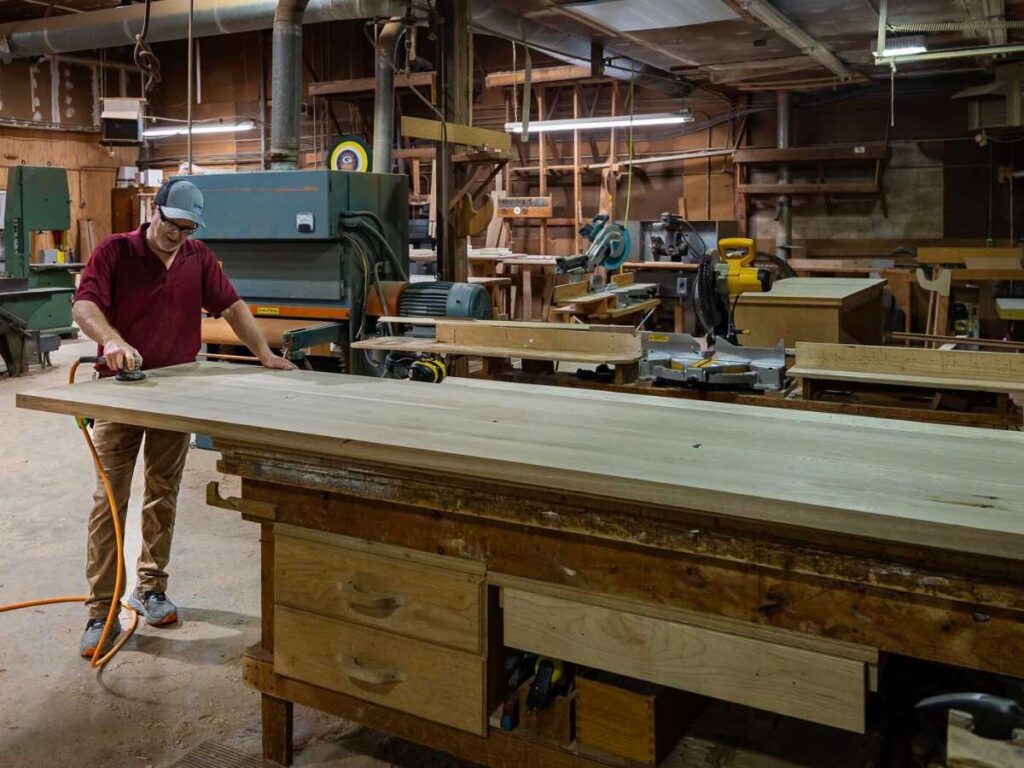
3. Online Retailers
I’ve found that online retailers can be one of the easiest ways to source glass craft doors, especially when time is short. The ability to browse dozens of options, compare prices, and arrange delivery without leaving the office saves a lot of effort. For businesses juggling multiple projects, this convenience can make a real difference.
Benefits of Buying from Online Retailers
- Wide Selection: Online platforms usually offer more styles and finishes than local stores. It’s easier to find exactly what fits your project without being limited by shelf space. I’ve often been able to match unique specs just by filtering through online catalogs.
- Price Comparisons: Comparing prices across sellers online is quick and transparent. Most platforms let you filter by budget, size, or design. This makes it simple to spot the best value without endless phone calls or store visits.
- Convenient Delivery: Having doors shipped directly to your site or office saves time. It cuts out the hassle of arranging transport for bulky items. For me, this has been one of the biggest advantages of ordering online.
Limitations to Keep in Mind
- No Physical Inspection: The drawback is that you can’t see or touch the product before buying. I’ve had situations where the color or finish looked slightly different in person. Ordering samples first can help avoid surprises.
- Shipping Costs and Delays: Doors are heavy, and shipping fees can add up quickly. Delays also happen, especially during busy seasons. Planning ahead can help reduce the stress of unexpected wait times.
- Return Complications: Returning doors isn’t always simple. I’ve learned that policies vary widely between retailers, and the process can be costly. Checking terms upfront saves a lot of frustration later.

4. Direct from Manufacturers
Sourcing glass craft doors directly from manufacturers can be one of the most cost-effective options. By cutting out middlemen, businesses often get better pricing and more control over customization. I’ve seen this approach work especially well for companies managing large-scale projects where consistency and volume really matter.
Benefits of Buying Direct
- Lower Costs: Without distributors or retailers adding markup, prices are often more competitive. This can lead to significant savings for bulk purchases. For businesses working with tight margins, direct sourcing can make a big difference.
- Customization Options: Manufacturers are able to produce doors to exact specifications. At Vallisco, whether it’s size, finish, or special glass types, you get more flexibility. I’ve found this especially useful when standard catalog options don’t fit a project’s needs.
- Stronger Partnerships: Working directly with a manufacturer builds long-term relationships. This often means better communication, priority service, and access to future product lines. Over time, that partnership can add real value to your business.
Limitations to Keep in Mind
- Higher Minimum Orders: Manufacturers often require larger order quantities. For small projects, this may not be practical. Businesses should weigh whether they have the volume to justify going direct.
- Longer Lead Times: Production schedules mean custom or bulk orders can take weeks or even months. I’ve seen timelines stretch if demand is high. Careful planning is key to avoiding delays.
- Complex Logistics: Shipping directly from a manufacturer, especially overseas, can involve customs, freight coordination, and paperwork. This adds complexity that some businesses may not want to handle. Having a logistics partner can help smooth the process.

5. Custom Door Makers or Contractors
Sometimes off-the-shelf options just don’t cut it. That’s when custom door makers or contractors step in to deliver one-of-a-kind solutions. For businesses with specific design requirements or unique project constraints, this route can be the difference between “good enough” and “exactly right.”
Benefits of Working with Custom Makers
- Tailored Designs: Custom makers can produce doors that align perfectly with your specifications. From unique glass patterns to unusual dimensions, they bring flexibility that standard suppliers can’t match. I’ve seen projects transformed by doors designed to fit the space exactly.
- High-End Craftsmanship: Contractors and custom shops often take pride in the details. The result is a product that not only looks polished but also stands up well over time. For businesses that want doors to make a strong statement, quality craftsmanship is worth the investment.
- Collaborative Process: Working with a contractor means more input into the design and build. This collaboration can help avoid issues down the road because you’re involved every step of the way. Many businesses value that transparency and control.
Limitations to Keep in Mind
- Higher Price Tag: Custom doors are usually the most expensive option. Labor, materials, and personalization all add up. For budget-conscious businesses, this can be a limiting factor.
- Longer Production Times: Custom work doesn’t happen overnight. Timelines can stretch weeks or months, depending on complexity. This makes it important to plan ahead and build in extra time for delivery.
- Limited Scalability: While great for unique projects, custom makers may not be able to handle large-volume orders. If you need dozens of doors, production capacity could become a roadblock. Businesses should consider whether the scale matches their needs.
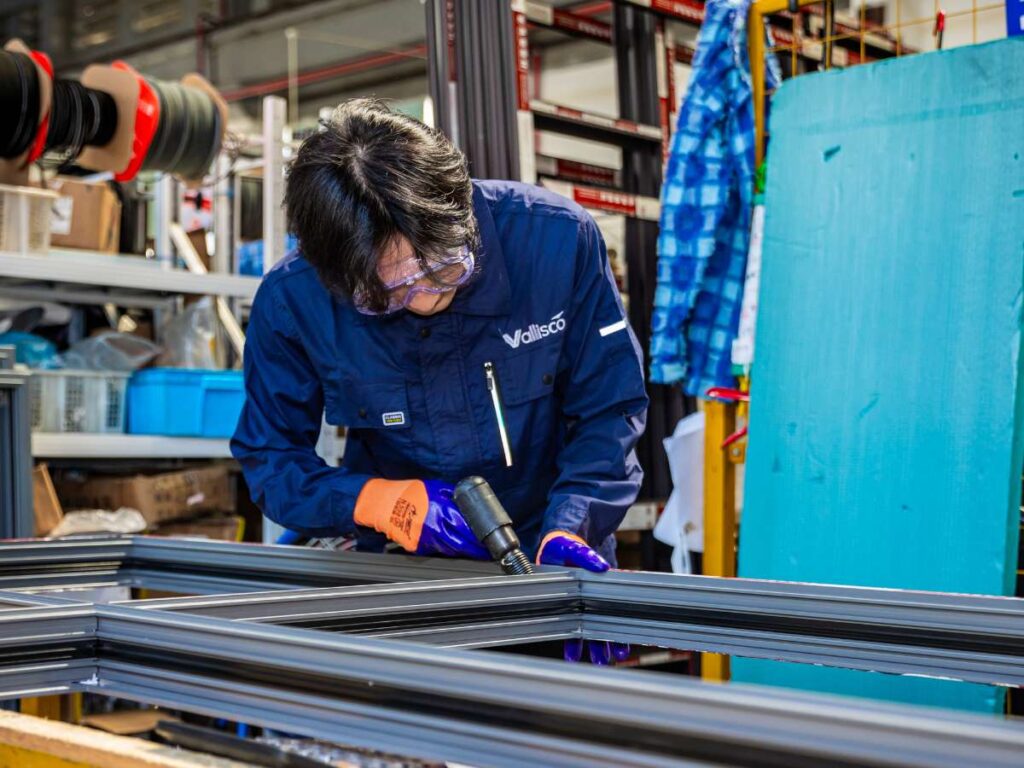
6. Salvage Yards and Architectural Reclamation Stores
I’ve walked through salvage yards before and been surprised at the gems hiding there. Not every project calls for brand-new glass craft doors, and sometimes the reclaimed route can deliver both character and savings. For businesses looking to stand out or work within a tight budget, these places can be worth the visit.
Benefits of Buying from Salvage Sources
- Cost Savings: Reclaimed doors usually come at a fraction of the cost of new ones. For businesses trying to stretch their budget, this can make a big difference. I’ve seen teams reinvest those savings into other upgrades that improved the final result.
- Unique Styles: Salvage stores often carry doors with designs you just don’t see anymore. From vintage glasswork to solid wood frames, they bring a sense of character you can’t replicate. I’ve seen reclaimed pieces transform spaces with a distinctive look.
- Sustainability Factor: Choosing reclaimed doors is also an eco-friendly move. It helps keep materials out of landfills while giving them a second life. Many businesses appreciate how this aligns with their sustainability goals and brand image.
Limitations to Keep in Mind
- Condition Variability: Some reclaimed doors are in great shape, while others need repair. I’ve come across pieces that looked perfect until closer inspection revealed cracks or warped frames. It’s important to factor in the cost of refinishing.
- Limited Availability: Inventory at salvage yards changes constantly. If you’re looking for something specific, you may have to return several times before finding it. Patience is part of the process.
- Sizing Challenges: Older doors often don’t match today’s standard dimensions. That means adjustments or custom framing may be needed to make them work. Planning ahead prevents surprises once installation begins.
7. Local Window and Glass Fabricators
When standard options don’t fit, local window and glass fabricators can be a reliable solution. These businesses specialize in glasswork and often have the equipment to create custom doors tailored to specific needs. For companies that value flexibility and direct communication, fabricators can bridge the gap between off-the-shelf and fully custom solutions.
Benefits of Working with Fabricators
- Custom Glass Options: Fabricators can produce doors with specialized glass types, patterns, or treatments. I’ve seen projects benefit from frosted or tempered glass that added both style and safety. This flexibility gives businesses more control over the final look.
- Direct Communication: Working with a local fabricator means you can discuss details face-to-face. Questions about materials, durability, or design can be answered on the spot. This kind of clarity often prevents mistakes down the line.
- Support Local Business: Choosing a local fabricator keeps money in the community. It also makes ongoing support easier if adjustments or repairs are needed later. Many businesses find peace of mind knowing their supplier is just a short drive away.
Limitations to Keep in Mind
- Higher Costs: Custom glasswork usually comes with a premium price. Depending on the project, costs may exceed what you’d pay through larger suppliers. Businesses should weigh whether the added flexibility justifies the investment.
- Longer Lead Times: Fabrication can take more time than ordering standard doors. I’ve seen schedules extend by several weeks when unique glass treatments were involved. Proper planning helps keep projects on track.
- Capacity Limits: Smaller fabricators may not be able to handle high-volume orders. If you’re outfitting a large office or multiple buildings, production capacity could be a challenge. It’s important to confirm their limits upfront.
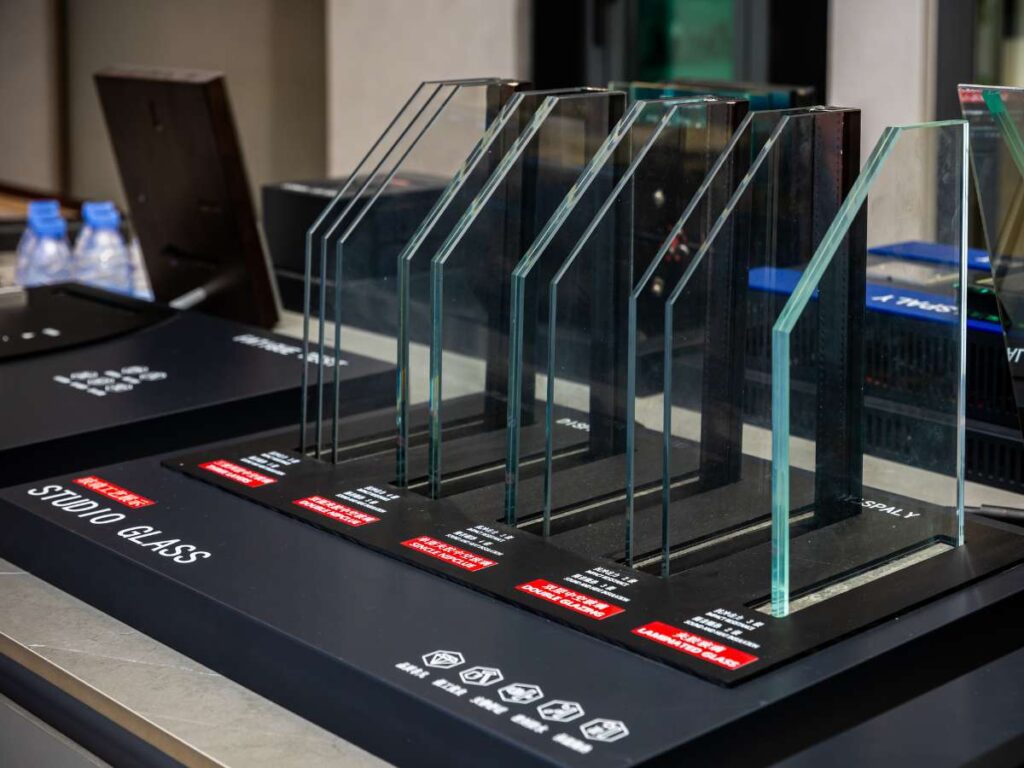
8. Wholesale Building Supply Outlets
Wholesale building supply outlets are a strong option for businesses that need doors in bulk. These outlets cater to contractors, builders, and commercial projects, often offering better pricing than retail stores. I’ve found that they strike a good balance between selection, cost savings, and availability.
Benefits of Buying from Wholesale Outlets
- Bulk Pricing: Buying in volume often means significant discounts. For businesses outfitting multiple units or large facilities, the savings add up quickly. This makes wholesale outlets a cost-effective choice for large-scale projects.
- Wide Inventory: Outlets typically stock a broad range of products, including glass craft doors, hardware, and related materials. It’s convenient to source multiple items from one place. This streamlines procurement and reduces coordination headaches.
- Professional Support: Many wholesale outlets have staff experienced in serving contractors and businesses. They understand commercial needs and can guide you toward products that meet industry standards. That expertise helps reduce costly mistakes.
Limitations to Keep in Mind
- Membership or Account Requirements: Some outlets require businesses to open accounts or memberships to access wholesale pricing. This adds a layer of paperwork, but it’s often worth it for the long-term savings.
- Less Focus on Customization: Wholesale outlets prioritize high-demand products. If you need a unique design or specialized glasswork, you may not find it here. Custom projects usually need another supplier.
- Variable Quality: With a large inventory, quality can range from basic to premium. Businesses should review specifications carefully before placing large orders. Doing so ensures you’re not trading price savings for durability.
9. Trade Shows and Expos
Trade shows and expos are one of the most dynamic ways to explore glass craft doors and meet suppliers face-to-face. Walking through an expo floor lets you see products up close, compare quality instantly, and connect with manufacturers and distributors all in one place. For businesses exploring new partnerships, this environment can open doors—literally and figuratively.
Benefits of Attending Trade Shows
- Direct Networking: Trade shows put you in direct contact with suppliers and decision-makers. Conversations happen faster, and relationships often start on the spot. I’ve seen businesses walk away with supplier agreements after just one event.
- Product Comparisons: With so many vendors in one place, comparing quality, finishes, and features is simple. Instead of guessing from photos, you can examine doors side by side. This helps businesses make confident, informed choices.
- Market Insights: Expos often showcase the latest industry trends and innovations. Attending gives you an early look at new products, technologies, and design directions. That knowledge helps businesses stay ahead of competitors.
Limitations to Keep in Mind
- Travel and Costs: Attending trade shows usually involves travel, lodging, and registration fees. While worthwhile for connections, these expenses add up. Businesses need to plan budgets carefully.
- Limited Timing: Trade shows only happen a few times a year in specific locations. If you miss one, it could be months before the next opportunity. Timing your attendance is key.
- Information Overload: With so many suppliers and products in one place, it can feel overwhelming. I’ve found it helps to prepare a plan in advance—know which vendors you want to meet and what questions to ask.
Factors to Consider When Choosing a Glasscraft Door Supplier
I’ve worked with enough commercial buyers to know that finding the right supplier isn’t just about the door, it’s about the details behind it. A good-looking glasscraft door is just the start. What matters most is how well your supplier helps you get from specs to site.
Here are the key factors I always recommend checking before placing that first order.
Frame and Glazing Compatibility
It’s not enough to just match a door to a rough opening. Your supplier should be able to confirm that the frame and glass package are fully compatible with your project’s framing system, hardware, and install method.
I’ve seen projects stall when a door arrived with sidelights that didn’t align or glass that wasn’t tempered as required. A knowledgeable supplier will double-check these specs with you and point out potential red flags. If they skip over that step, that’s a concern.
Fire Ratings and Compliance Standards
One of the first things I ask suppliers is what certifications their doors carry. If you’re outfitting a commercial space, fire ratings, impact resistance, and ADA compliance aren’t optional—they’re required. Some suppliers only meet residential codes, which can cause serious headaches during inspections.
Always confirm the supplier’s documentation aligns with local building standards and your intended use. It’s better to clarify upfront than to scramble during a last-minute walkthrough.
Lead Times and Freight Handling
Even the highest-quality door loses its value if it arrives late or damaged. That’s why it’s important to ask upfront about realistic lead times, packaging methods for glass components, and which freight carriers are used. A reliable supplier will provide clear dates and explain exactly how they keep products safe in transit.
If a supplier struggles to answer these questions, it may signal weak logistics or reliance on third parties you’ll end up chasing later. Vallisco stands out here, with proven freight handling and dependable timelines that make delivery smooth and stress-free.
Conclusion
That frustrating project where I couldn’t find the right doors taught me one thing: choosing the right supplier matters more than anything.
And now, you don’t have to learn the hard way. This article gave you the insights, options, and clarity you need to move forward with confidence. Think of it as your shortcut to better decisions and smoother projects.
Reliable sourcing is no longer a guesswork game, it’s a process you can trust.
Ready to make your next step easier? Vallisco is here to support your business needs. Contact us today and let’s build something strong together.
Explore More of Our Resources
If you’re searching for more choices, explore our full collection of products. We’ve picked out some great options for you:
Still haven’t found what you’re looking for? Don’t hesitate to contact us. We’re available around the clock to assist you.





